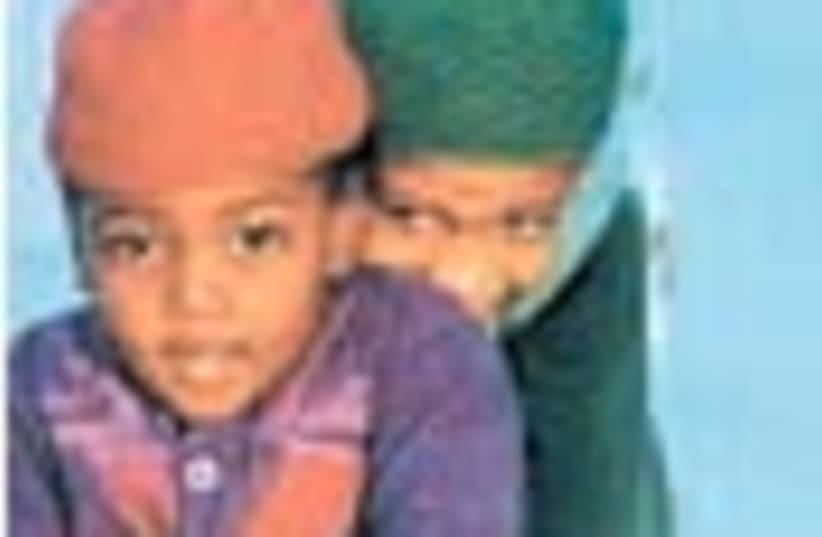| More about: | Israel, Aryeh Deri, Eli Yishai, Jerusalem |
Trouble in the Village of Peace
In the parking lot, little kids scurry around. Like average Israeli youth, they are playing sports during a school recess.


| More about: | Israel, Aryeh Deri, Eli Yishai, Jerusalem |